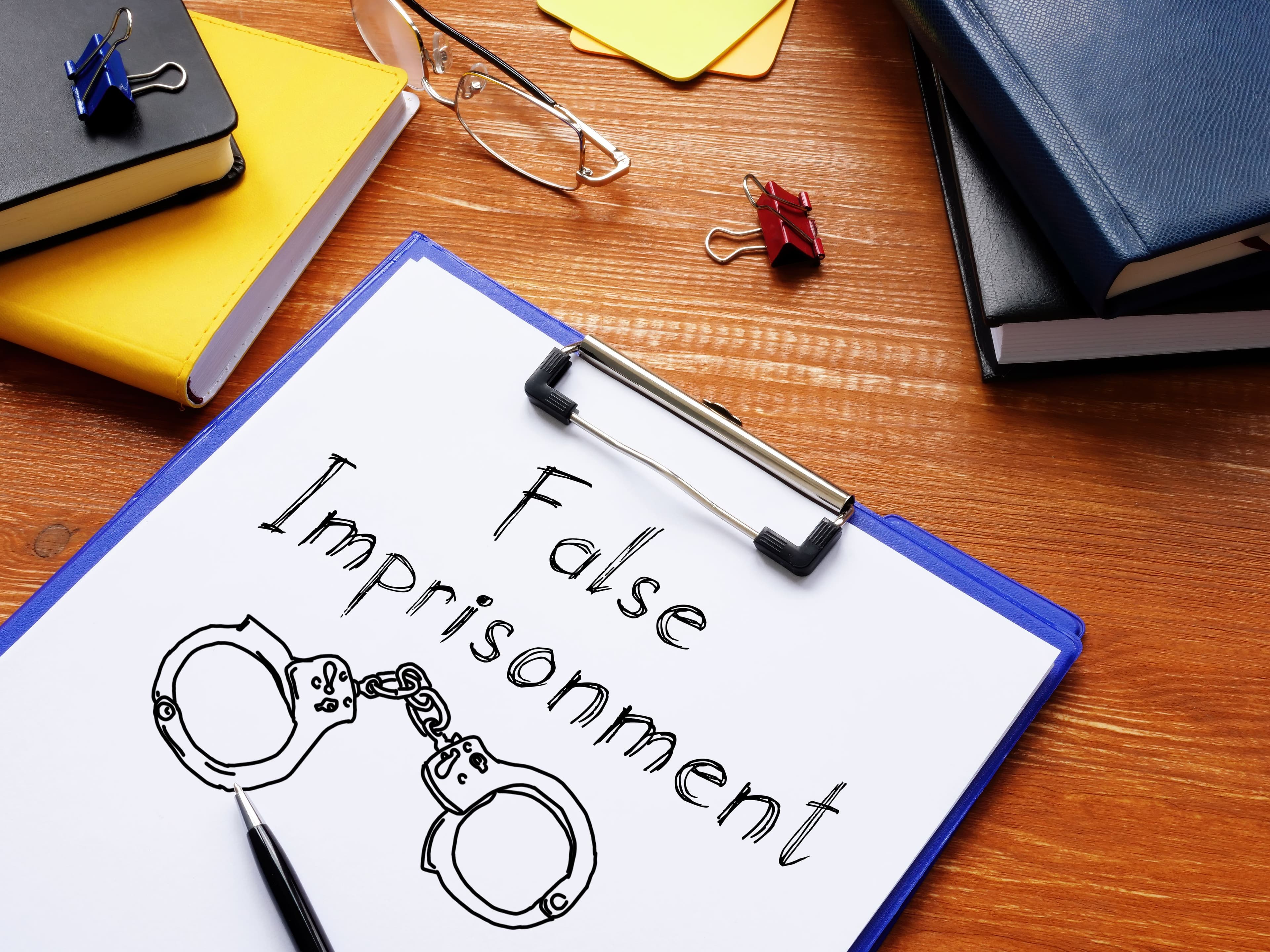FalseImprisonment
Broward County False Imprisonment Lawyers
Serving clients in Miami-Dade, Broward, and Palm BeachFalse imprisonment is a serious criminal accusation that can upend every aspect of your life. While it may sound similar to kidnapping, false imprisonment carries its own unique legal definition and penalties under Florida law. In many cases, individuals are charged with this offense in the heat of emotional disputes, misunderstandings, or even moments of self-defense. At Bozanic Law, we know that being accused of false imprisonment does not make you a criminal—and we are here to fight for your rights, your reputation, and your future.
These cases often emerge from domestic situations, workplace confrontations, or public incidents, where someone claims they were unlawfully held or restrained. But what the law says and what really happened are not always aligned. It’s our job to uncover the truth, challenge the prosecution’s narrative, and build a defense rooted in fact—not fear.
Understanding False Imprisonment Under Florida Law
Under Florida Statute §787.02, false imprisonment is defined as forcibly, secretly, or by threat confining, abducting, imprisoning, or restraining another person without lawful authority and against their will. This offense differs from kidnapping in that it does not require intent to commit another felony or to hold someone for ransom—it is solely about the act of restraint.
Penalties for false imprisonment include:
- Third-degree felony charges
- Up to 5 years in prison
- Up to 5 years probation
- Fines up to $5,000
- Permanent criminal record
- Severe personal consequences, including family court complications, loss of employment, or professional licensure issues
If the alleged victim is a minor under the age of 13, and the offense is committed with intent to commit another felony, the penalties can escalate dramatically.
Situations That Commonly Lead to False Imprisonment Charges
In reality, many false imprisonment accusations arise from moments of confusion, emotional tension, or even mistaken identity. Some common situations include:
- A domestic argument where one person blocks a doorway during a confrontation
- A parent who takes temporary custody of a child during a dispute without legal authority
- A store owner who detains a suspected shoplifter without proper protocol
- A person who intervenes in a physical altercation, and someone claims they were held without cause
- A misunderstanding during a rideshare, date, or social event
- Allegations made in retaliation after a breakup or disagreement
In many of these scenarios, there is no intent to harm—only a miscommunication or a moment of fear being misrepresented as a criminal act. Regardless, the law takes these allegations seriously, and you need a strategic legal response.
What to Do If You’re Accused of False Imprisonment
Being accused of restraining another person—even without physical force—can trigger an immediate arrest and legal proceedings. If this happens to you:
- Do not attempt to contact the alleged victim
- Do not try to “explain” your actions to police without an attorney
- Preserve any communications, such as text messages, voice notes, or emails
- Write down your version of the event and list any witnesses who were present
- Contact Bozanic Law immediately to protect your rights
False imprisonment cases often hinge on subjective statements. That’s why it’s essential to take control of the legal narrative early on.
How Bozanic Law Defends False Imprisonment Allegations
At Bozanic Law, we know how easy it is for a misunderstanding to become a criminal charge. Our legal team is committed to crafting a defense strategy that considers your intentions, the actual threat (or lack thereof), the context of the situation, and the conduct of law enforcement.
Our defense strategies include:
- Demonstrating the lack of force, threat, or intent
- Arguing that the alleged victim consented to stay or was never restrained
- Presenting evidence that shows lawful authority or justification
- Asserting defense of self or others in situations of potential harm
- Exposing inconsistencies in the accuser’s story or the police report
- Filing motions to suppress illegally obtained evidence or dismiss the case entirely
No matter the circumstances, we treat every case with professionalism, empathy, and a commitment to justice. Your story matters—and we are here to help you tell it.
Should You Go to Trial or Negotiate a Plea?
This is one of the most important decisions you will make, and it depends on the strength of the prosecution’s case, the evidence available, and your personal goals. At Bozanic Law, we will walk you through every option—from seeking dismissal, to negotiating pretrial intervention, to aggressively defending your innocence at trial.
Whether you want to clear your name or reduce the long-term consequences, we will develop a strategy tailored to you.
Why Clients Trust Bozanic Law With False Imprisonment Cases
Attorney Zeljka has earned a reputation for defending clients in even the most complex and emotionally charged criminal cases. She understands that being accused of a felony doesn’t make you a bad person—it just means you need a smart, strategic defense to tell your side of the story.
We offer free, private consultations so you can make informed decisions before moving forward.
📞 Call Bozanic Law today at 954-800-2864 to speak directly with an experienced criminal defense attorney. Your future is worth fighting for.


